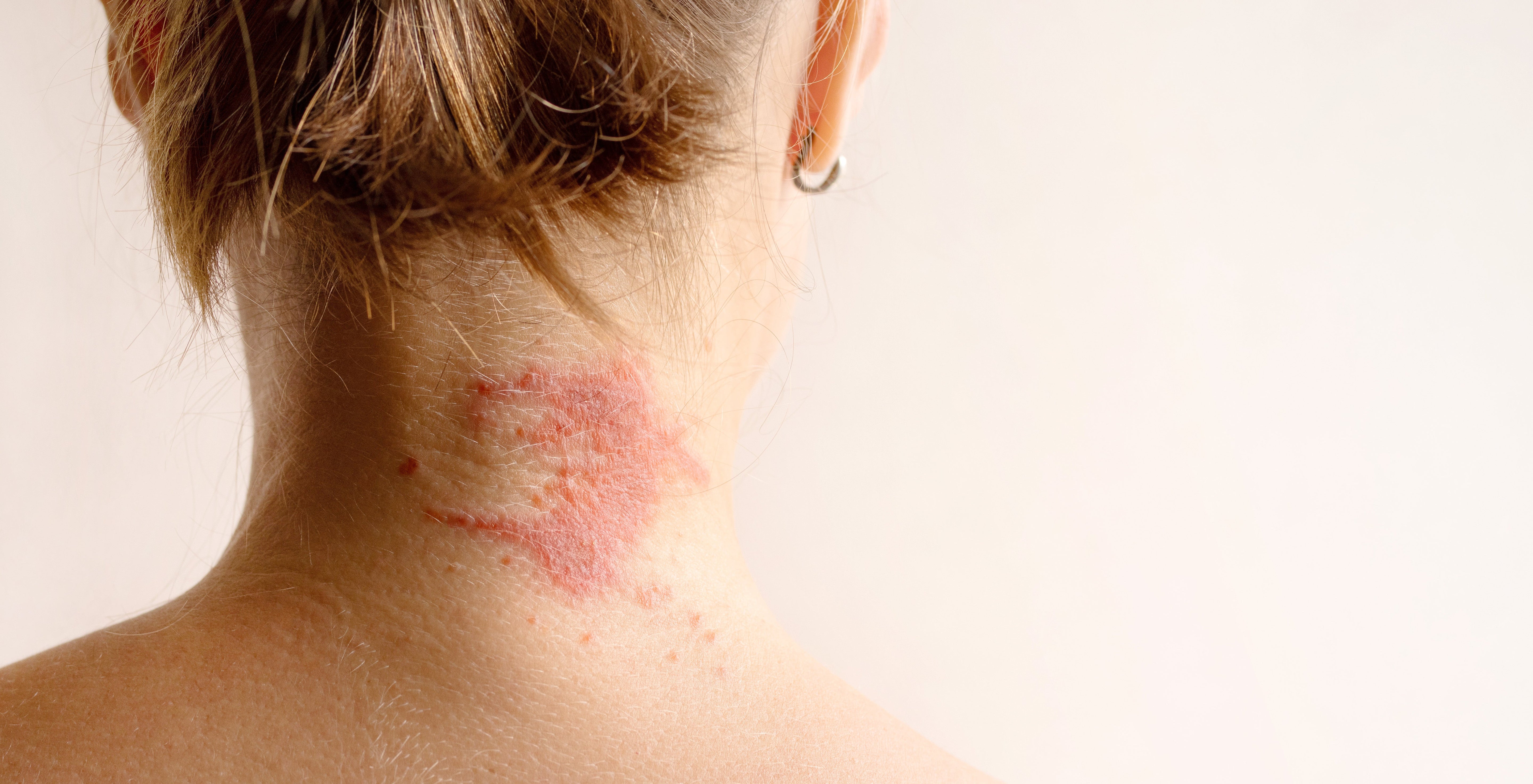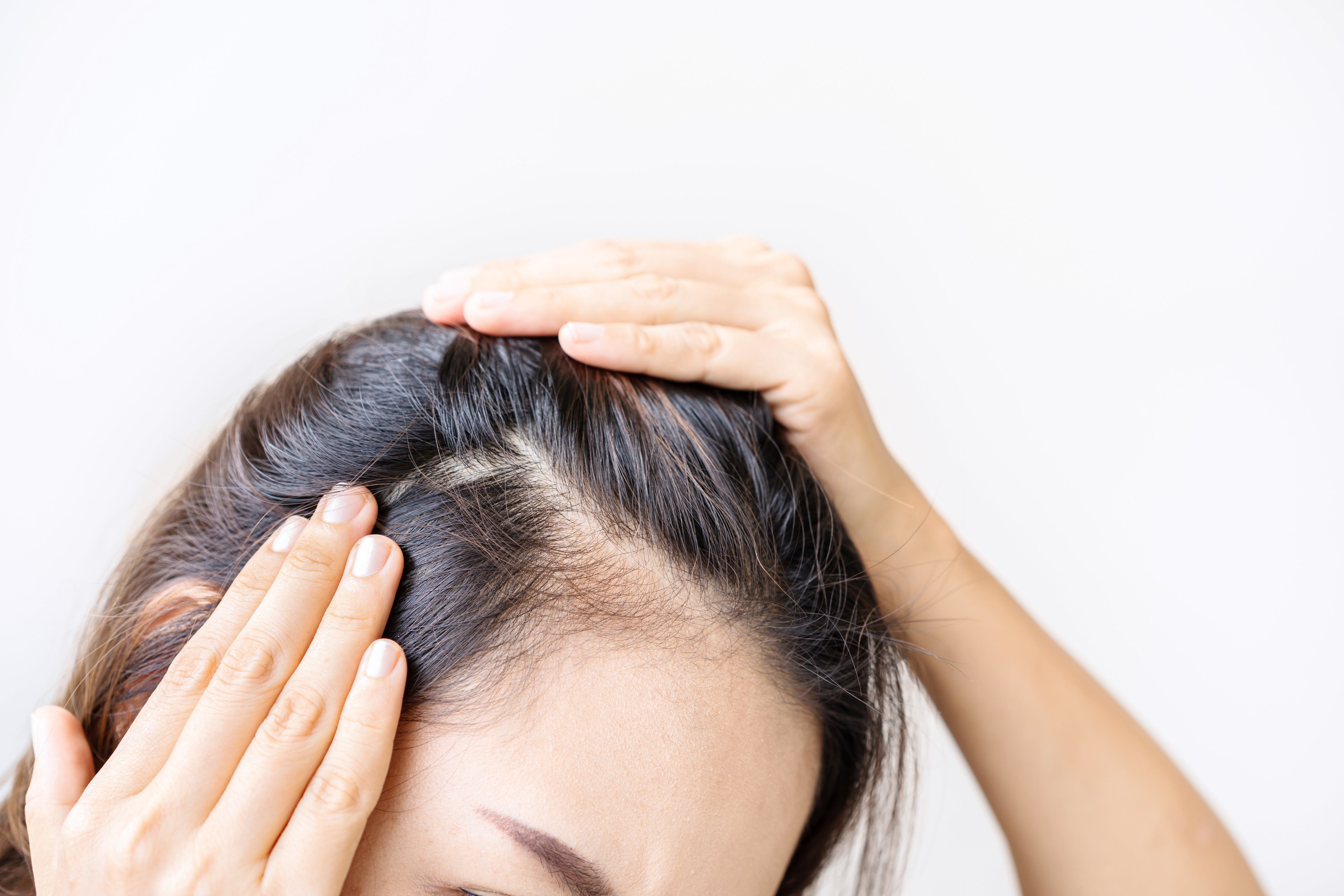
Eczema Awareness Month: Why It Matters
October is Eczema Awareness Month, a time to support the over 31 million Americans living with this chronic skin condition. The National Eczema Association (NEA)’s 2025 campaign, #UnhideEczema, is about visibility — encouraging people to share real stories, build empathy, and make informed choices for healthier skin.
Eczema isn’t “just dry skin.” It’s a chronic, inflammatory condition that can cause itching, redness, cracking, and discomfort that deeply affects daily life. As Dr. Tahani, physician and skincare expert, reminds us:
“Eczema isn’t just dry skin — it’s a chronic condition that needs care. As a physician, I see patients every week dealing with itching, flare-ups, and cracked skin. Triggers? Fragrance, harsh detergents, and even so-called ‘natural’ products. I recommend Cleure because it truly helps manage eczema symptoms. No fragrance, no botanicals, no essential oils — just gentle pH care for sensitive skin. This month, let’s raise awareness and empower healing.” #EczemaAwareness
Understanding Eczema: Causes and Triggers
Eczema (also known as atopic dermatitis) has both genetic and environmental triggers. According to the National Institutes of Health (NIH), the skin barrier in eczema is weakened, making it more vulnerable to irritants and allergens. Common triggers include:
- Fragrances and dyes
- Harsh soaps or detergents
- Essential oils and plant extracts
- Environmental stressors like dry air or extreme weather
Learn more about the science behind eczema and how to soothe symptoms in Cleure’s Eczema Guide: Causes, Symptoms, and Treatment and Eczema Types & Triggers.
Why Fragrance-Free and Simplified Skincare Matters
Fragrance, botanicals, and essential oils are some of the most common triggers for eczema flare-ups. Even “natural” ingredients can irritate sensitive skin. That’s why Cleure is committed to formulas free of fragrance, parabens, sulfates, dyes, essential oils, and gluten — ingredients proven to be among the worst for eczema.
Every Cleure product is dermatologist-tested, pH-balanced, and National Eczema Association (NEA) Seal-approved — meaning it meets strict standards for sensitive and eczema-prone skin.
Your Eczema-Safe Routine with Cleure
Gentle, consistent care is key to managing eczema. A simplified skincare routine helps strengthen your skin barrier and lock in moisture.
1. Cleanse Gently: Start with the Cleanser for Dry, Sensitive Skin. It removes impurities without stripping your skin’s natural oils.
2. Replenish Hydration: Follow with Cleure’s Daily Body Lotion for Sensitive Skin. This lightweight, non-greasy lotion helps retain moisture all day long.
3. Target Dryness and Flare-Ups: For very dry areas, try Emu Oil for Very Dry, Sensitive Skin. It’s rich in omega fatty acids that help calm irritation and support the skin barrier.
4. Day & Night Protection: Use the Day Cream Vital 24/7 for balanced hydration throughout the day and the Night Cream Anti-Aging for overnight repair and renewal.
Learn more about all these products in our Eczema Sale Collection.
Join the #UnhideEczema Movement
This October, Cleure proudly joins the National Eczema Association and the #UnhideEczema campaign. Together, we can help millions feel seen, supported, and empowered to manage eczema without shame or discomfort.
Visit the NEA Eczema Awareness Month homepage for educational resources, real stories, and ways to get involved.
If you live with eczema, know that healing begins with understanding — and choosing products that work with your skin, not against it.
Frequently Asked Questions (FAQs) About Eczema
1. What is Eczema Awareness Month?
It’s a campaign led by the National Eczema Association each October to raise awareness about eczema, educate the public, and empower those affected to share their stories through the #UnhideEczema movement.
2. What kind of products should I use for eczema-prone skin?
Use fragrance-free, pH-balanced, non-irritating skincare. Avoid botanicals and essential oils. Cleure’s NEA Seal-approved collection is formulated specifically for sensitive skin.
3. Are Cleure products dermatologist recommended?
Yes. Cleure is recommended by physicians like Dr. Tahani for its gentle, fragrance-free, non-toxic formulations designed for eczema-prone and sensitive skin.
4. Can lifestyle changes help with eczema?
Absolutely. Managing stress, maintaining hydration, and using gentle skincare consistently can reduce flare-ups. Learn more in our Eczema Guide.
References:
1. National Eczema Association: Eczema Awareness Month, October 2025.
2. NIH: Atopic Dermatitis Overview, November 2022.
3. Mayo Clinic: Atopic Dermatitis (Eczema), May 2024.



Leave a comment
This site is protected by hCaptcha and the hCaptcha Privacy Policy and Terms of Service apply.